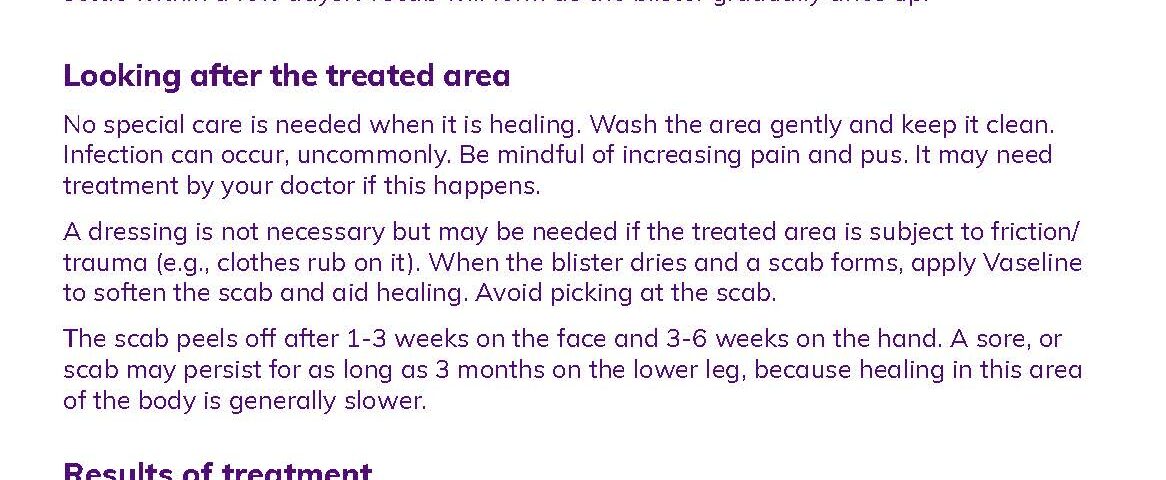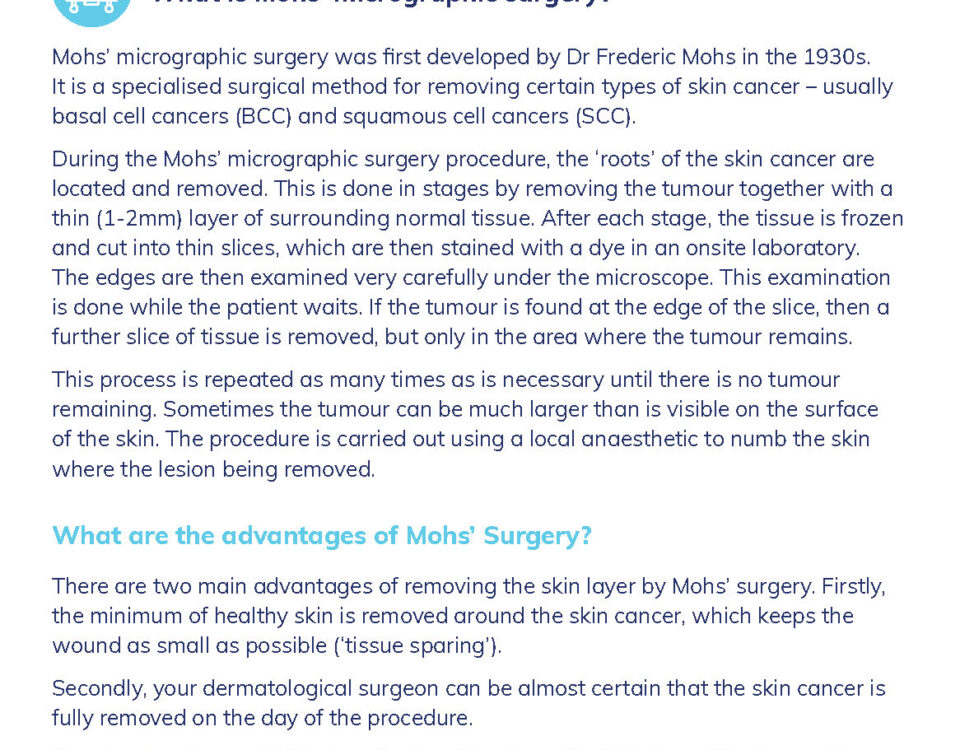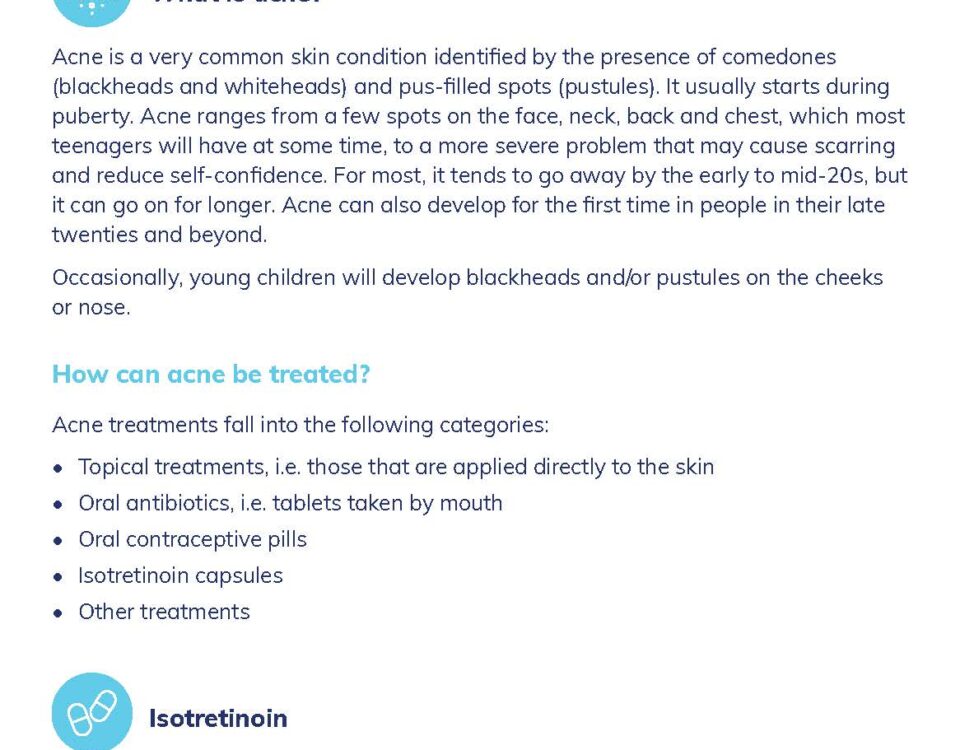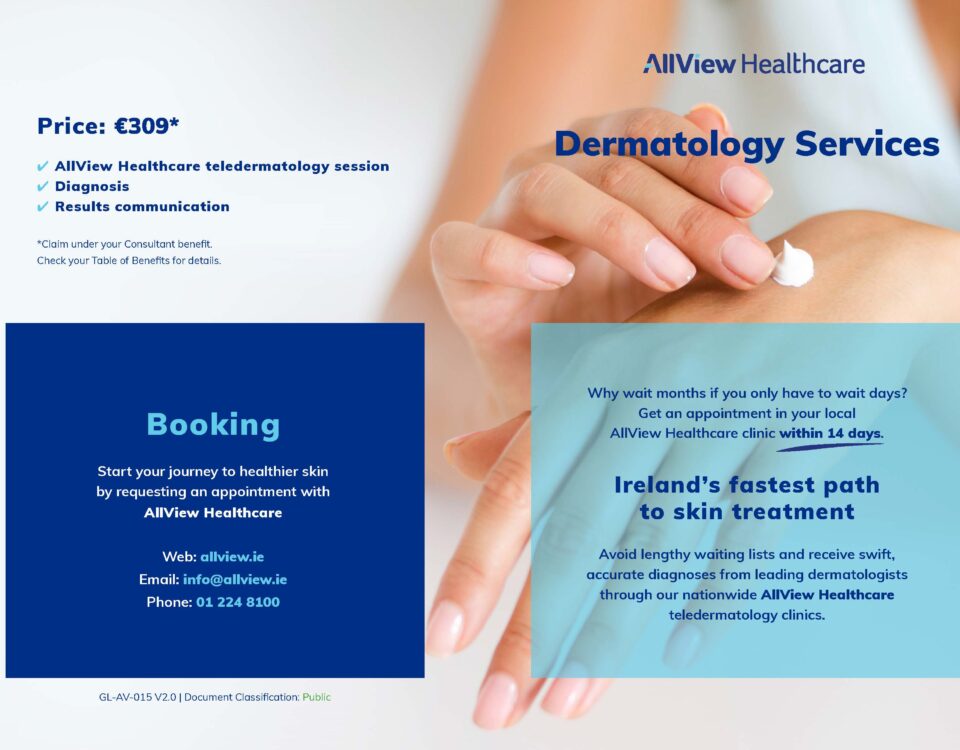Cryotherapy / Freeze-Burn Treatment

Patient Information for Vhi Members
Cryotherapy / Freeze-Burn Treatment
What to expect after treatment
Sometimes it can be painful after the treatment and a simple pain killer, such as Paracetamol can be taken for a day or two, if needed. The treated area will behave like any burn to the skin – like a cigarette burn, or a burn from a hot plate/iron etc.
The treated area will be red and may blister within a few hours and may contain clear or purple fluid due to blood (this is harmless). This blister may ooze and this is normal. Treatment near the eye/nose may result in a puffy eyelid for a few days but this will settle within a few days. A scab will form as the blister gradually dries up.
Looking after the treated area
No special care is needed when it is healing. Wash the area gently and keep it clean. Infection can occur, uncommonly. Be mindful of increasing pain and pus. It may need treatment by your doctor if this happens.
A dressing is not necessary but may be needed if the treated area is subject to friction/trauma (e.g., clothes rub on it). When the blister dries and a scab forms, apply Vaseline to soften the scab and aid healing. Avoid picking at the scab.
The scab peels off after 1-3 weeks on the face and 3-6 weeks on the hand. A sore, or scab may persist for as long as 3 months on the lower leg, because healing in this area of the body is generally slower.
Results of treatment
The treated lesion may not be completely clear and may take another few months to fall off. As most of the lesions treated are benign they won’t need another treatment. They will most likely recur over a variable period of time. The treatment needs to balance the risk of side effects such as scarring, pigment change and nerve damage so the lesion treated may not clear completely.
With some early small skin cancers, if the Doctor treating you thinks it requires more than one treatment, that will be organised at the time of the first treatment. If no further appointment is given, the treated lesions are benign and no further treatment is required.
Download the leaflet
Please click here to download the information above in a PDF format.


